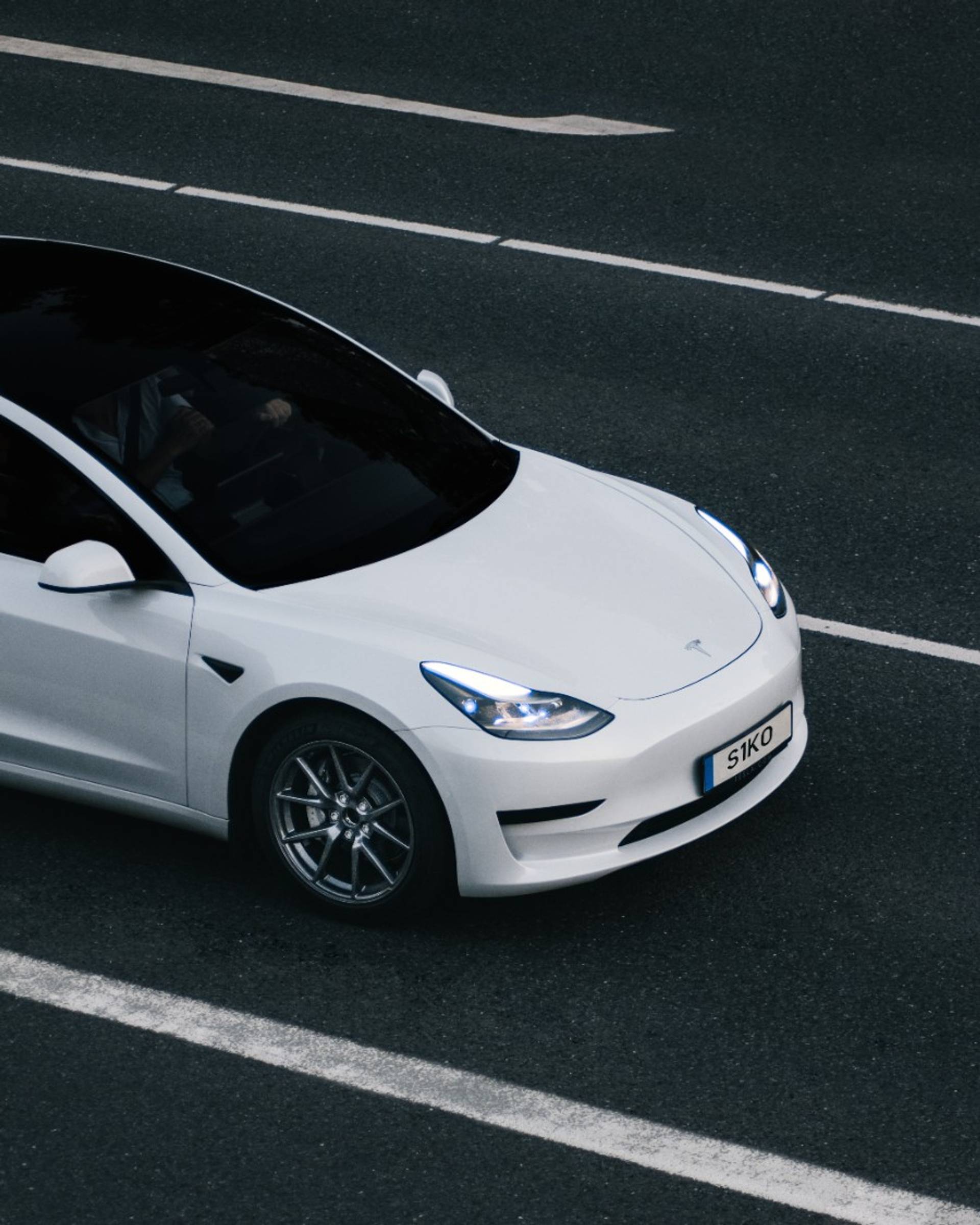
When it comes to worries about modern technology, self-driving cars have emerged as people’s top area of concern worldwide. Much of this concern comes from vehicle safety and fears of collisions, though there are signs this concern is diminishing.
A study by YouGov has placed concerns about autonomous cars at the top of worries people globally have about modern technology. Indeed, 49% of people from 17 countries report that they're worried about driverless cars – placing them ahead of fears around gene editing (47%), robots taking jobs (45%), and artificial intelligence (41%). Much of the fears over a driverless future come from concerns people have about their safety; stories of crashes have fueled a disproportionate fear in many. “Automated vehicle technology is evolving on a very public stage and, as a result, it is affecting how consumers feel about it,” says Greg Brannon, director of automotive engineering and industry relations at AAA.
Despite ranking highly among people’s technological concerns, worries around self-driving cars do seem to have diminished somewhat – a survey from AAA finds that 71% of Americans were afraid of fully autonomous cars in 2019. Driverless vehicles slowly being introduced to other areas of people’s lives without compromising safety, like with Nuro providing grocery delivery services, may contribute to that. “Having the opportunity to interact with partially or fully automated vehicle technology will help remove some of the mystery for consumers and open the door for greater acceptance,” says Brannon. Studies have even shown that having AI adopt agreeable personalities can make driverless cars feel safer – a finding that can have wider implications for boosting trust in other forms of technology.